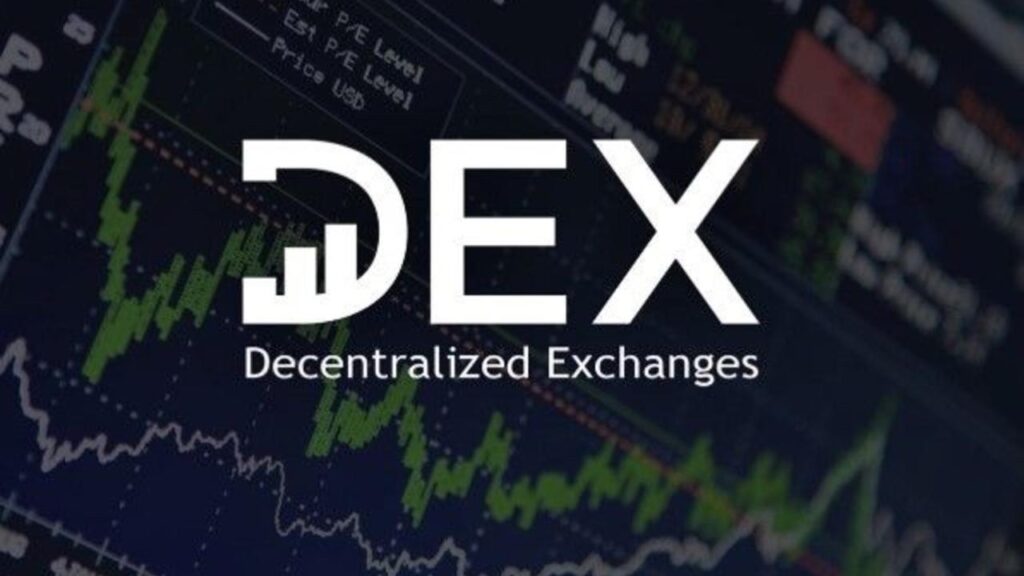In the world of cryptocurrency, decentralized exchanges (DEX) have become a popular alternative to traditional centralized exchanges. But what exactly is a DEX, and how does it work?
What is DEX?
A Decentralized Exchange (DEX) is a platform that allows people to trade digital assets directly with each other without needing an intermediary like a traditional bank or exchange. Unlike centralized exchanges (CEX), which operate through a central authority that controls the trades, DEXs give users full control over their funds and trades, making transactions more secure and private.
How Does a DEX Work?
In a traditional exchange, users deposit their funds into an account controlled by the platform. However, in a DEX, you don’t need to give up control of your assets. Instead, you connect your wallet to the exchange, and you trade directly from your wallet. The exchange’s smart contracts handle the trades, which are executed automatically once certain conditions are met.
One of the main benefits of DEX is that it doesn’t require users to trust a third party. Since transactions are processed on the blockchain, they are visible to everyone, and the code governing the exchange is open and transparent. This minimizes the risk of fraud and manipulation, as everything is visible and verifiable.
Example of a DEX: Uniswap
Uniswap is one of the most popular decentralized exchanges. It is based on the Ethereum blockchain and uses an automated market maker (AMM) system. Instead of relying on order books like traditional exchanges, Uniswap uses liquidity pools. Users can add their cryptocurrencies to these pools and, in return, they earn a portion of the trading fees.
When someone wants to swap one cryptocurrency for another on Uniswap, the smart contract automatically finds the best price from the liquidity pools. This process happens quickly and without any intermediaries, allowing users to trade efficiently and securely.
Key Advantages of DEX:
- Control Over Funds: You remain in control of your funds at all times, unlike centralized exchanges where you have to trust the platform to keep your funds safe.
- Privacy: DEX usually doesn’t require users to provide personal information, making them more private compared to centralized exchanges.
- Security: With no central entity to attack, the risks of hacking reduces. If a hack does occur, the attacker cannot steal everyone’s funds as there’s no central wallet.
- Global Access: Anyone with an internet connection can access DEX platforms, making them inclusive for people across the world.
Conclusion:
Decentralized exchanges are becoming an increasingly important part of the crypto world. They offer users more control, privacy, and security compared to traditional platforms. As the world moves towards more decentralized financial systems, DEX platforms like Uniswap are leading the way in shaping the future of cryptocurrency trading.
– Ketaki Dandekar (Team Arthology)
Read more about Decentralized Exchanges (DEX) here – https://cleartax.in/dex
